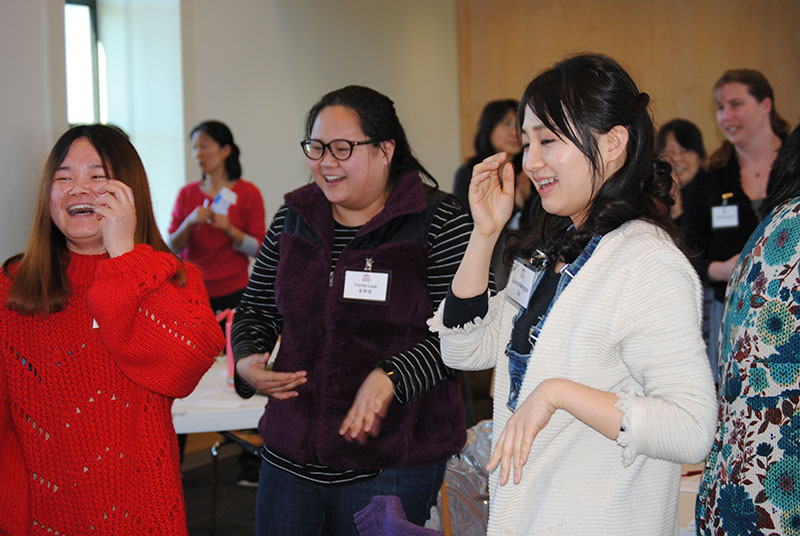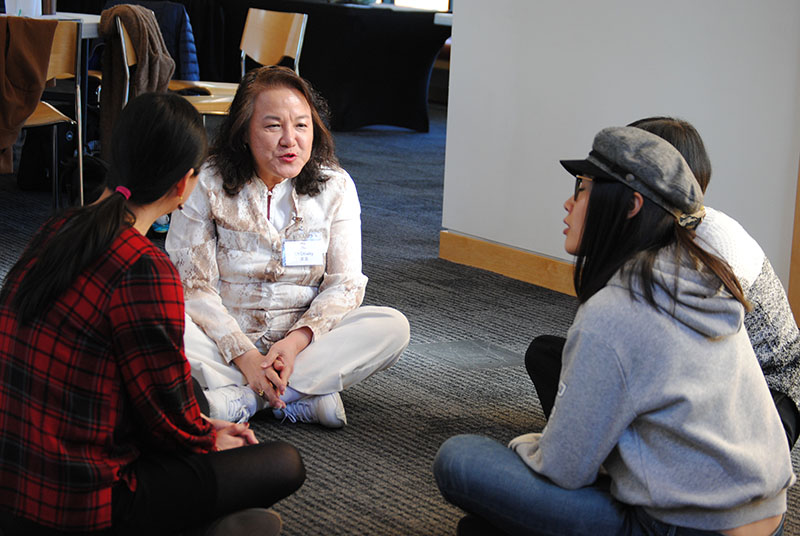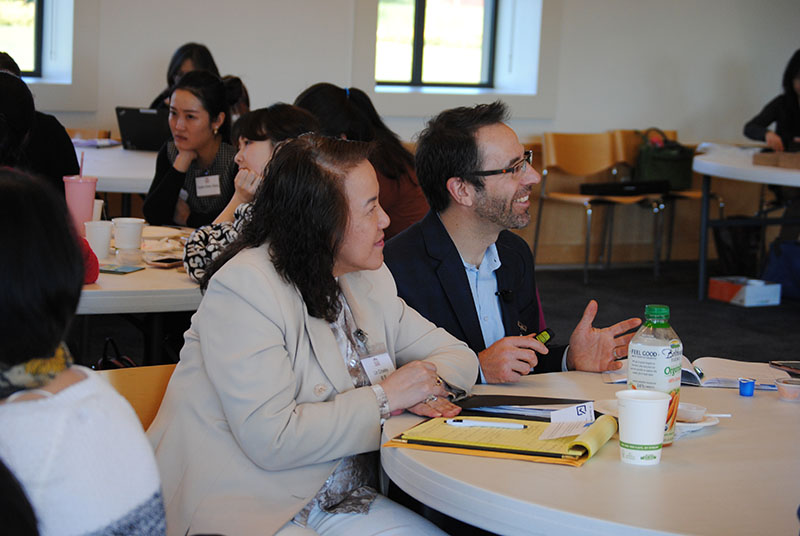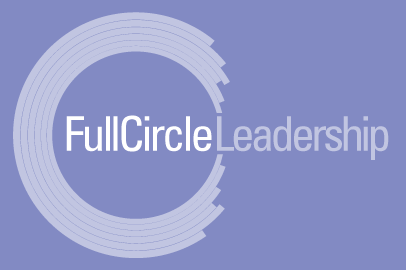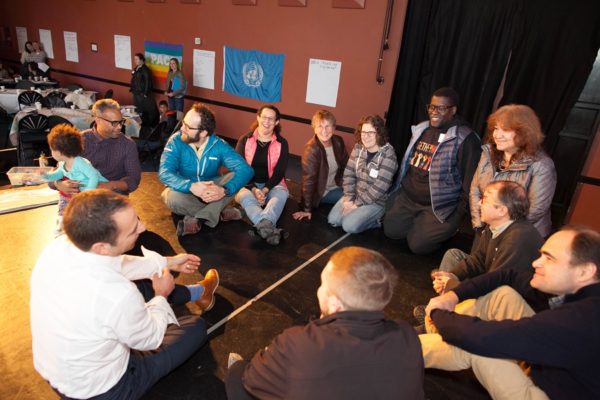Full Circle Approach
“There are no problems caused by democracy that cannot be solved by more democracy.”
– Rudolf Dreikurs, MD
Dr. Alfred Adler & Dr. Rudolf Dreikurs
We draw heavily from the work of Alfred Adler MD, Rudolf Dreikurs MD, founders of Individual Psychology now used worldwide as a foundation for our work with parents and educators learning to become democratic leaders.
We believe that educators, parents, and leaders need education, not pathologizing. Aspiring leaders in the home, school, and organization, can un-learn obsolete traditional autocratic methods. They can learn how to build a collaborative foundation for groups to solve all problems at hand. We refrain from pathologizing people and problems. With an understanding of ‘Adlerian theory, teens and adults can learn to apply our approach effectively in their lives, families, work and communities. The results are nothing short of transformational.
Popular Education coined by Paulo Freire
We draw from educational pioneers including pedagogue, Paolo Freire who coined and promoted Popular Education through grassroots community organizing. Collaborative & Collegial: Participants support and learn from one another. Questions and answers emerge from and are answered by the learning circle.
Self-Reflective Process
FCLC is an inquiry into how we transform ourselves, not changing our students, children and staff.
Experiential Learning & Embodied Experience
FCLC relies heavily on participants experiencing what a democratic learning community feels and looks like. Participants in a FLC workshop experience the pedagogy they are seeking to implement.
FCLC’s Wholistic Framework. Diversity, Equity & Inclusion from Human and Ecological Perspectives
Our work emerges from the central question: What kind of leadership is needed to create holistic, healthy, and harmonious relationships within the human and non-human life in the 21st century?
Our work occurs within an ecological and social justice context. Conversations about racism, classism, sexism, and other oppressions as well as conversations about ecological sustainability are inherently present in all our inquiry.
